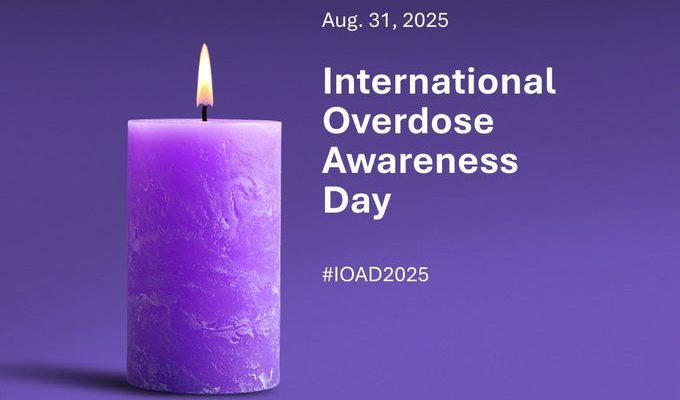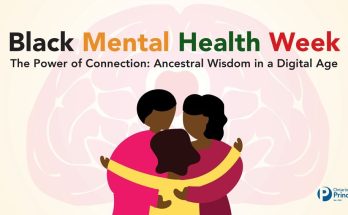Toronto/IBNS-CMEDA: Toronto Mayor Olivia Chow reportedly has proclaimed Sunday, Aug 31, as Overdose Awareness Day in Toronto, joining communities around the world to recognize the international day of observation.
“On International Overdose Awareness Day, we unite…recognize the incredible dedication of front-line workers and community partners…with hope as our guide, we can break stigma, strengthen connection and prevent more loss in our city”, Toronto Mayor Olivia Chow has said.
Marking the world’s largest annual campaign to end overdoses, this day honors the lives lost and challenges the stigma faced by people who use drugs and their loved ones reflecting the power of unity and compassion in preventing overdose deaths and supporting those impacted by the drug toxicity epidemic.
On Sunday night, the CN Tower and the Toronto Sign in Nathan Phillips Square was lit purple. The Mayor’s Overdose Awareness Day proclamation can be found on the City’s Proclamations website.
Continuing to experience the devastating impacts of a drug toxicity epidemic, Toronto ‘s Preliminary data from the Office of the Chief Coroner for Ontario show 463 confirmed and probable opioid toxicity deaths in Toronto in 2024 and 527 deaths in 2023.
Although overdose deaths decreased in 2024 by 17 percent compared to the 2020-2022 average, they remain 49 percent higher than pre-pandemic levels (2017-2019 average). Data is available at the Toronto Overdose Information System webpage.
Naloxone saves lives
A safe medication, Naloxone can temporarily reverse an opioid overdose.
Free training is being provided by the Toronto Public Health (TPH)’s POINT program to people who use opioids, their friends and families on how to prevent, recognize and respond to an overdose. Participants of this program receive a take-home naloxone kit with instructions. Learn more and complete the training today, visit the City’s webpage.
Responding to the drug toxicity epidemic in Toronto, the City of Toronto and community partners have undertaken in the past year, several actions to address the crisis, including:
- Downtown CORE Team Pilot: Launched in December 2024, the Downtown Community Outreach Response and Engagement (CORE) Team supports individuals in the Yonge and Dundas area with complex health and social needs. More information is available on the City’s webpage.
- Our Health, Our City implementation: Toronto’s comprehensive strategy, launched in 2023, to reduce substance use-related harms and promote mental health. More information is available on the City’s webpage.
- TPH Strategic Plan implementation progress (2024-2028): Progress was reported in July on actions to improve mental health and reduce harms from substance use. More information can be found at the City’s webpage.
Substance use services are also provided by the TPH which include treatment, referrals to primary care and supportive housing.
More information on these services is available on the City’s website.
While also collaborating with community partners to expand mobile outreach and case management, TPH is also meeting people where they are to facilitate equitable access to life-saving care and resources.
Shelter system and the drug toxicity epidemic
“International Overdose Awareness Day reminds us of the lives lost and the preventable community impacts of the drug toxicity epidemic. With urgent collective action we can reduce stigma, support those at risk, and facilitate access to life-saving services,” Dr. Na-Koshie Lamptey, Acting Medical Officer of Health has said
Continuing to be disproportionately impacted by the drug toxicity epidemic, people experiencing homelessness mainly due to the ongoing toxicity and unpredictability of the unregulated drug supply.
A decrease by 30 and 36 percent respectively, between 2023 and 2024 was observed in fatal and non-fatal suspected overdoses in homelessness services settings.
Acute drug toxicity remained the leading cause of death in 2024.
Guided by a human rights-based approach and the Our Health, Our City: A Mental Health, Substance Use, Harm Reduction and Treatment Strategy for Toronto, the City remains committed to implementing evidence-based harm reduction and overdose response measures, including education on safer substance use and disposal of harm reduction supplies and connections to community and health services, such as treatment.





